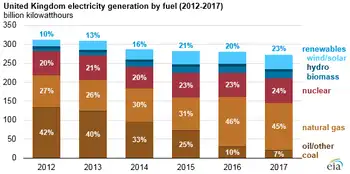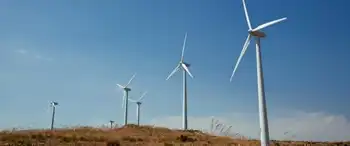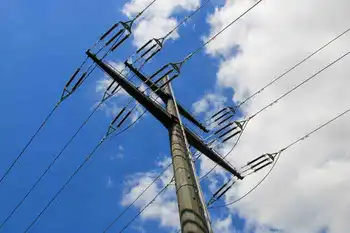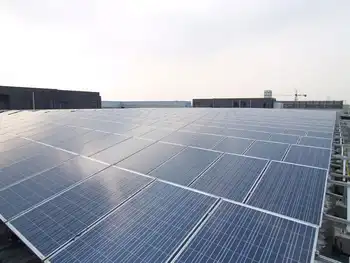Consumers Energy teams up with Ford to promote EVs
Ford recently submitted a proposal for the pilot project to the U.S. Department of Energy. That proposal includes a request for a grant under the American Recovery and Reinvestment Act to support the project.
The proposal outlines how Ford will supply the utilities with plug-in hybrid electric vehicles (PHEVs) and battery electric vehicles (BEVs) to use in their daily operations. The utilities also will develop and install "smart" charging facilities for the vehicles. The data from the vehicle use and charging systems will be shared and used to help shape the power infrastructure needed to meet customer needs as the use of electric vehicles expands.
John Russell, the president and chief operating officer of Consumers Energy, said the proposal provided an excellent opportunity for the utility to support Ford and be part of the automaker's efforts to promote the use of electric vehicles.
"We're excited about the opportunity to be part of the development of these vehicles and their cutting-edge technology. The advent of these vehicles opens up a new frontier for utility companies. Consumers Energy is ready to be a pioneer in developing the new energy infrastructure needed to serve customers on the road as well as in their homes," Russell said.
He added that Consumers Energy already has a "smart meter" project under way and that system - the foundation of the "smart grid" — would help support the use of electric vehicles and help customers control their energy costs.
Consumers Energy, the principal subsidiary of CMS Energy, provides natural gas and electricity to nearly 6.5 million of Michigan's 10 million residents in all 68 Lower Peninsula counties.
Related News

UK low-carbon electricity generation stalls in 2019
LONDON - The amount of electricity generated by low-carbon sources in the UK stalled in 2019, Carbon Brief analysis shows.
Low-carbon electricity output from wind, solar, nuclear, hydro and biomass rose by just 1 terawatt hour (TWh, less than 1%) in 2019. It represents the smallest annual increase in a decade, where annual growth averaged 9TWh. This growth will need to double in the 2020s to meet UK climate targets while replacing old nuclear plants as they retire.
Some 54% of UK electricity generation in 2019 came from low-carbon sources, including 37% from renewables and 20% from wind alone. A record-low 43%…





